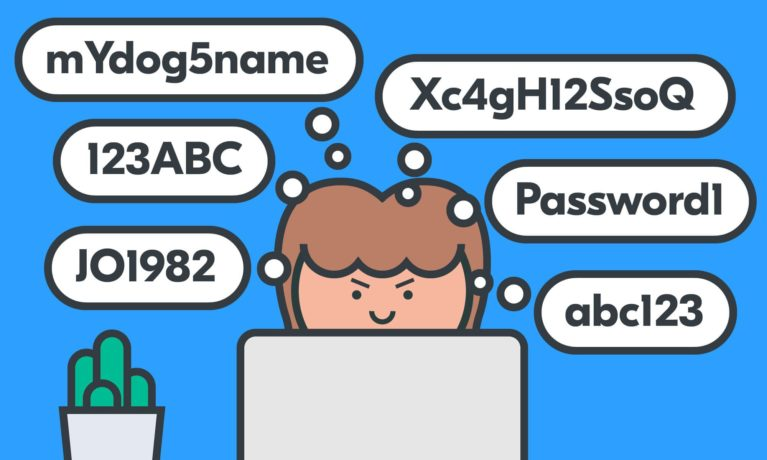“Passwords are like underwear: You don’t let people see it, you should change very often, and you should never share it with strangers.”
~ Chris Pirillo
Introduction
The first Thursday of May is always World Password Day, and this year it fell on 5th May 2022. In this digital jungle that we live in, passwords are our first line of defense against unwanted unfettered access to us. This therefore reinforces the need to really invest in a good password system. Someone gaining access to your password is the equivalent of someone replicating your house key; all your items are vulnerable to be stolen and it's worse if you used one key for every door.
Recommendations
Taking the time to actually think through your password making, will save you major headaches and heartaches. Most of us interact with passwords on a daily basis, so let’s take a look at some of the ways we can use to beef-up our first line of defense. They include:
1. Avoid reusing passwords
Having the same password for multiple accounts leaves you quite vulnerable if your password is compromised, they then have access to all data/money protected by the compromised password. It is recommended to have at least 3 sets of passwords if you really have to reuse them.
2. Avoid common passwords
Many people default to using common words that can be found in the dictionary as their passwords, or sometimes repeating a character several times, for example ffff45. The danger of using these kinds of passwords is that they can be easily cracked by software. The best way to remedy this would be to use statements or phrases mixed with numbers and special characters; be creative, even employ your traditional language phrases.
Image showing most commonly used passwords
3. Use a mix of lower and upper-case letters, numbers and at least one special character in your passwords.
This increases its complexity when someone tries to guess or use bruteforce on your password.
4. Change your passwords frequently
This makes sure even though your password is compromised, you’ll still be able to salvage the situation. #alwayskeepthemguessing
5. Protect your password lists
Since most people have a tendency to forget passwords, you can keep track of all of them by using password managers. These managers store your passwords securely and are approved.
Some of the password managers out there that are currently recommend would be:
LastPass:
Best overall (has a really awesome free-tire plan)
Some features include:
- Automates generation of strong passwords
- Allows for secure storage of both sensitive or non-sensitive digital records
- Guides and alerts of your passwords that are saved on it for example, whether they are strong enough or are reused.
1Password
This manager is best if you want to secure your whole family.
Keeper
Best for enterprise-level. This means that it is best for companies that want to protect all their employee machines.
6. Never save passwords on your browser’s password manager
When asked by your browser whether to save password, always click never.
The main reason for this is because the passwords are stored in a very insecure way. If anyone is able to gain access to or hack your device, getting access to that password list is surprisingly easy and it has no additional protection or encryption; the password is one click away.
Additional measures
a) Update your device antivirus
b) Use a VPN when using public Wi-Fi
This avoids interception of your credentials; If you can avoid using public WiFi at all.
c) Setup two-factor authentication(2FA)
This is a security process that requires users to provide two different types of authentication for extra security, could be through biometric(fingerprint, eye, voice etc) scans, sending verification code through SMS or email etc. This adds the extra confirmation that you are indeed who you say you are.
Conclusion
Passwords are our first line of defense against unwanted prying eyes therefore, taking the time to actually come up with them will really save us a lot of inconveniences and losses in the future. Have your own back.

